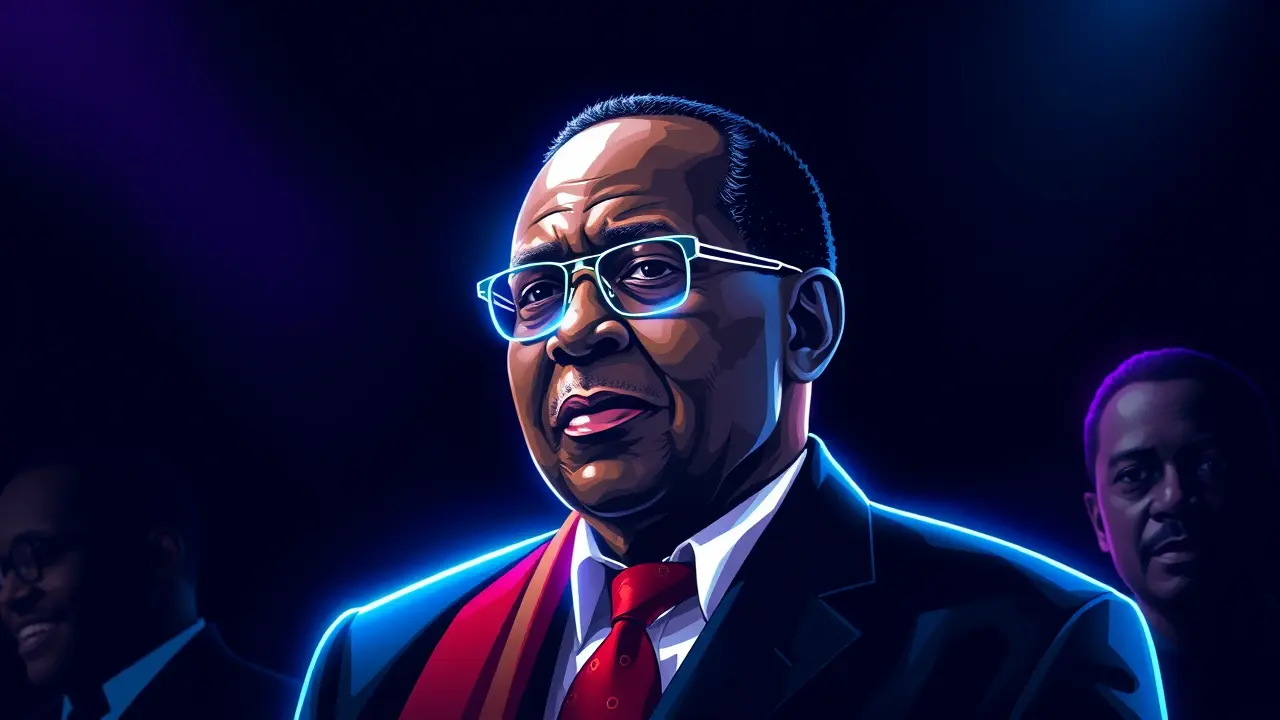
Politicsgovernments & cabinetsLeadership Transitions
Former Kenyan Prime Minister Raila Odinga Dies at 80.
RO
Robert Hayes
2 weeks ago7 min read
The political landscape of Kenya, and indeed all of East Africa, was irrevocably altered with the confirmation from Devamatha Hospital in Kerala State, India, that former Prime Minister Raila Odinga had succumbed to a fatal heart attack at the age of 80. This was not merely the passing of a statesman; it was the silencing of a foundational voice in the nation's tumultuous democratic experiment, a figure whose populist campaigns and relentless pursuit of the presidency consistently served as the primary counterbalance to state authority for decades.Odinga's death, occurring while he was abroad, echoes the historical precedent of other leaders who have fallen far from their native soil, a circumstance that often deepens the national trauma and complicates the immediate political succession. His final act—a morning walk—was a fittingly vigorous end for a man whose political life was defined by perpetual motion, by an unyielding march toward a vision of Kenya he championed with a fervor that both inspired millions and rattled the establishments in Nairobi and beyond.To understand Odinga is to understand the post-colonial struggle of Kenya itself; the son of Jaramogi Oginga Odinga, the nation's first vice-president, Raila inherited a legacy of opposition and was forged in the fires of the struggle for multi-party democracy, even enduring years of detention under the Daniel arap Moi regime. His political career was a masterclass in resilience, a series of near-victories and contested losses in presidential elections that mirrored the bitter, often dangerously polarized, electoral contests that have characterized Kenyan politics.His role in the 2007-2008 post-election violence and the subsequent brokering of a power-sharing agreement that made him Prime Minister was a Churchillian moment of stepping back from the brink, demonstrating a capacity for statecraft that went beyond mere campaign rhetoric. Analysts now are left to ponder the immense vacuum his departure creates.The Orange Democratic Movement (ODM), the vehicle for his ambitions, lacks a clear successor with his national stature and cross-ethnic appeal, potentially leading to significant realignments within the opposition coalition. Furthermore, his absence removes a critical check on the current administration, potentially altering the delicate equilibrium of Kenyan governance.His influence extended beyond borders, as he was a key mediator in regional conflicts, from South Sudan to the Great Lakes region, leveraging his immense political capital and understanding of power dynamics. The circumstances of his death in India will inevitably trigger questions and conspiracy theories, a common feature in the political narratives surrounding towering figures in emerging democracies, much like the lingering questions that followed the deaths of leaders from Zambia's Michael Sata to other African icons.The coming days will see an outpouring of grief from his strongholds in Nyanza and the urban poor, while the political class in Nairobi engages in a frantic, albeit somber, calculus to determine what a Kenya without the constant, formidable presence of Raila Odinga truly means for the nation's future stability, its democratic institutions, and its role on the continental stage. His legacy is as complex as the nation he sought to lead—a champion of democracy to his supporters, a destabilizing force to his detractors, but undeniably a central architect of modern Kenya's political identity.
#Raila Odinga
#Kenya
#former prime minister
#death
#heart attack
#India
#politics
#featured
Stay Informed. Act Smarter.
Get weekly highlights, major headlines, and expert insights — then put your knowledge to work in our live prediction markets.
Related News
© 2025 Outpoll Service LTD. All rights reserved.














